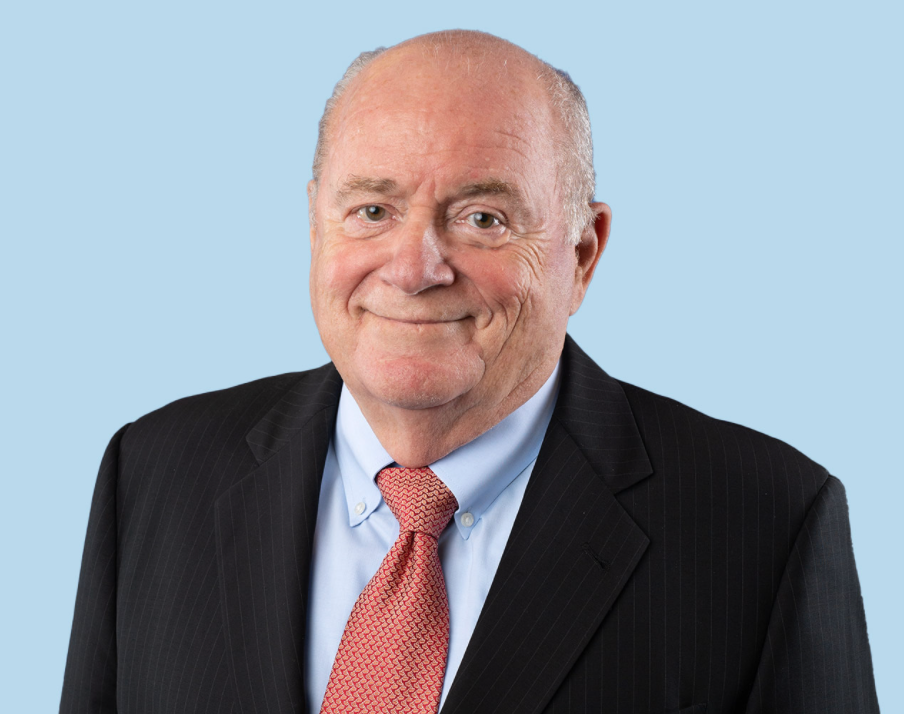Provocation for Day 3: The forseeable future of post-secondary education and training
Posted in 2021 Provocation | Tagged Design, designing for equity
Video link: https://youtu.be/V3BMqsaDQug
Georgetown’s Dr. Anthony Carnevale addresses the structural inequalities in higher education and charges listeners to break down barriers.
Provocation overview
At the conclusion of the Summer Institute, Dr. Tony Carnevale gave a macro view of the education system, describing the various ways that systemic inequalities are “bred in the bone” in higher education. Pulling from data on race, class, and educational attainment, Dr. Carnevale laid out plainly the systemic factors working against less advantaged students.
His comments instilled in the listener a sense of urgency, and suggest the magnitude of work to be done in equity in education. Participants in the Provocation picked up on this.
Takeaways
- Projections show that there will be 168 million jobs in 2030 (30 million more than at the low-point of the pandemic). The numbers are significantly biased to postsecondary education:
- 30% for HS graduates (only about 20% of these will be good jobs–$65k+)
- 30% for some postsecondary education (40% of these will be good jobs)
- 40% for BA or graduate degree. (70% will be good jobs)
“All of this raises the stakes on transfer pathways, which will be more important than ever.”
Dr. Randy Bass, Vice President, Strategic Education Initiatives and Director of the Red House, Georgetown University
- Higher education inherits inequality and projects it forward into the labor market
- Evidence of injustice in the system isthe likelihood of college attendance if you are more or less financially advantaged. Systemic inequities in the system are “bred in the bone,” as is stratification in the higher education ecosystem.
- Demography, economics, technology are predictable -and each is pushing in a direction of ever more limited access to 4-year degrees.
- 2-year colleges should offer BA degrees (at least BA’s in fields that serve local and regional economies). We need to mandate transfer rates for all publics –20% of all third year classes should be transfers.
- Transparency about career outcomes will drive a profound shift in higher education. If you don’t give people the means to flourish economically, then you don’t meet your educational mission to help them ‘live fully in theirtime.’
Provocation resources
- Center on Education and the Workforce (Georgetown University)
- Dr. Nicole Smith, Research Professor and Chief Economist at CEW
- Broaden Participating in Computing
About Dr. Anthony Carnevale
Kathy Powers is an Associate Professor of Political Science at the University of New Mexico. She is interested in the nature of institutional authority as well as institutional change and effects. Much of her present research focuses on the design of international institutions and law with respect to human rights, restorative justice, trade, and war. Specifically, she examines the institutional and legal determinants of transitional justice in the form of global reparations efforts following mass human rights violations, the international legal personality of international organizations, and how regional economic institutions that transform into military organizations impact war.
Professor Powers has published her research in diverse venues such as the Journal of Conflict Resolution, the Journal of Peace Research, International Interactions, Foreign Policy Analysis, the Review of International Studies, and the NAACP Special Edition. The National Science Foundation has supported her research on numerous occasions. She was recently awarded multiple fellowships to conduct research for her book Making Amends: The Institutional and Legal Landscape of Global Reparations while in residency at the United States Holocaust Memorial Museum and at the Woodrow Wilson Center for International Scholars in Washington, D.C.
Professor Powers is also the 2013 recipient of the UNM New Faculty Teaching Award and the 2010 recipient of the Faculty of Color Teaching Award from The Project for New Mexico Graduates of Color (PNMGC). She holds appointments in the UNM School of Law, Program of Africana Studies, and Robert Wood Johnson Center for Health Policy, as well as in the Department of Government at Georgetown University.

